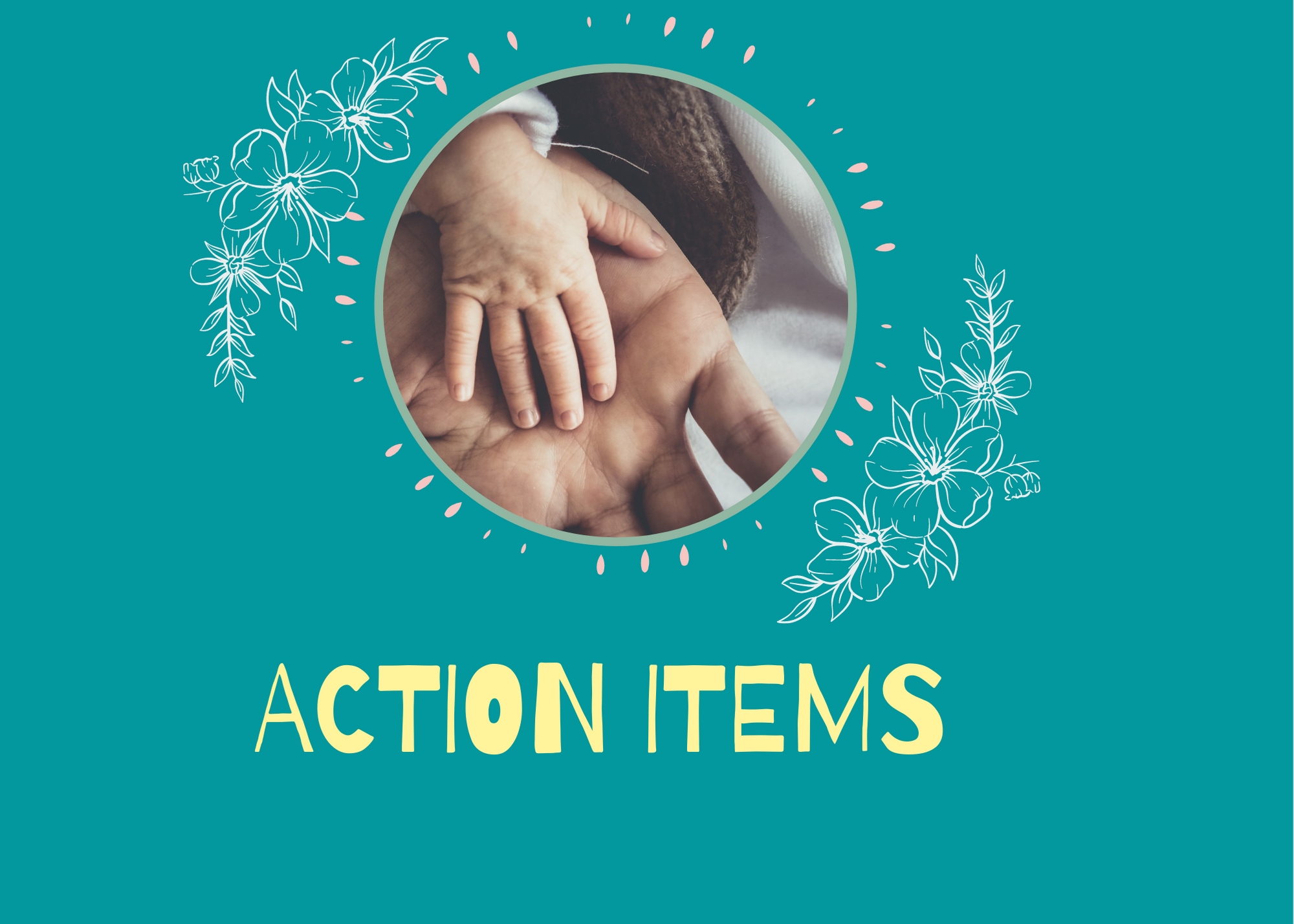
10 Months
Developmental Milestones
Movement: At this point, your baby will love to explore. They’ll also be more in control of their hands and can wave and blow kisses. They’ll be able to stand up, do pullups on furniture, crawl, squats and do more movements. With their fingers, they can grab finger foods and eat it themselves. They can point to items that they want.
Brain Development: They may begin to develop their own personality. They can also attach certain meanings to different words. For example, when you tell them “bye-bye”, they may go get their shoes. Babies at this age also enjoy music.
Physical: By 10 months, most babies would have started teething now and many will have their front teeth coming in.
Diet: Children will begin to have an opinion on what they’re eating and begin to be picky with their food choices. This may actually be just signs of their growing independence in the high chair. They may also show signs of decreasing appetite. This is normal since the baby’s growth is slowing down. Most experts will agree that it's better to start weaning a baby from their bottle at around 12 months. If they drink from a bottle, they are less likely to eat solid food and may miss some important nutrients. Note that although they may make a face at having to eat vegetables, take note that it takes 5-10 times of you offering the vegetable before they actually try. Be persistent but never force-feed a child. Ask your primary doctor for healthy food option advice.
Social-Emotional Milestone
This is also a time of change, and you might see your child being more emotional. They may throw tantrums and meltdowns, especially when going from one activity to another. Weird behaviors may also begin to spring up, such as rocking, teeth grinding, hair pulling. This is normal and may often be triggered by increasing stress. Giving your kids more love in the form of extra cuddles, hugs, and rocking them before bed may help calm these behaviors. They are still showing signs of separation anxiety and may cry when you walk away or leave them. This is a normal part of growth.
Did You Know?
Did you know? Continuing to use a bottle can be unhealthy for a baby’s teeth. For example, falling asleep while drinking a bottle can result in more cavities.
Action Items
Some babies may get fussier at this age and refuse to eat when you spoon feed them. Give more variety in their meals. Let them use their own spoon or fingers and let them have more control during meals.
For teething, allow your baby to chew on something hard like a teething ring. Make sure to visit a dentist once those first teeth arrive.
Pay attention to when weird behaviors occur to see what stressors your children are going through.
When preparing for bedtime, make sure you give the child time to relax and release stress. Some examples of this include a warm bath, soft lighting, music, quiet cuddles, hush lullabies.
During this time, giving a baby a cheer when doing small feats of success will help develop their sense of self-esteem. A well earned praise is more valuable than an empty “good job”.



